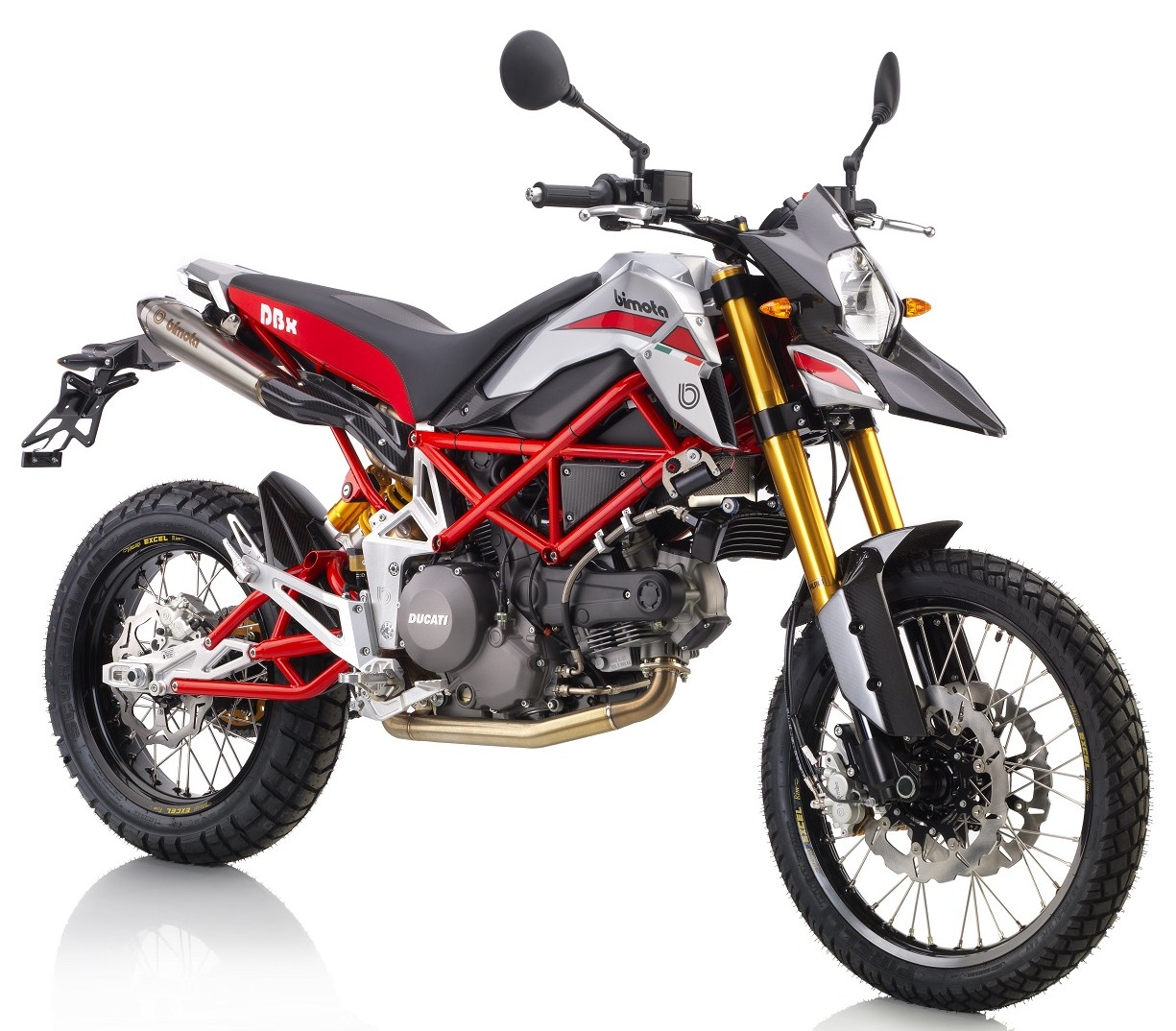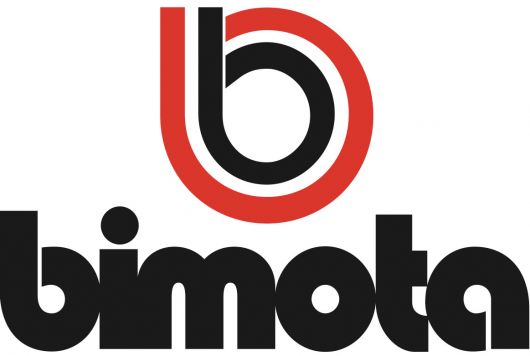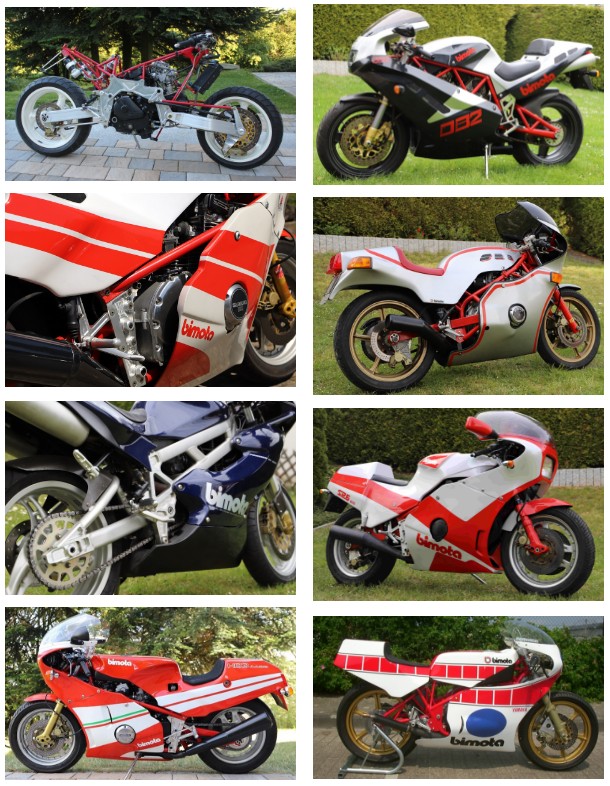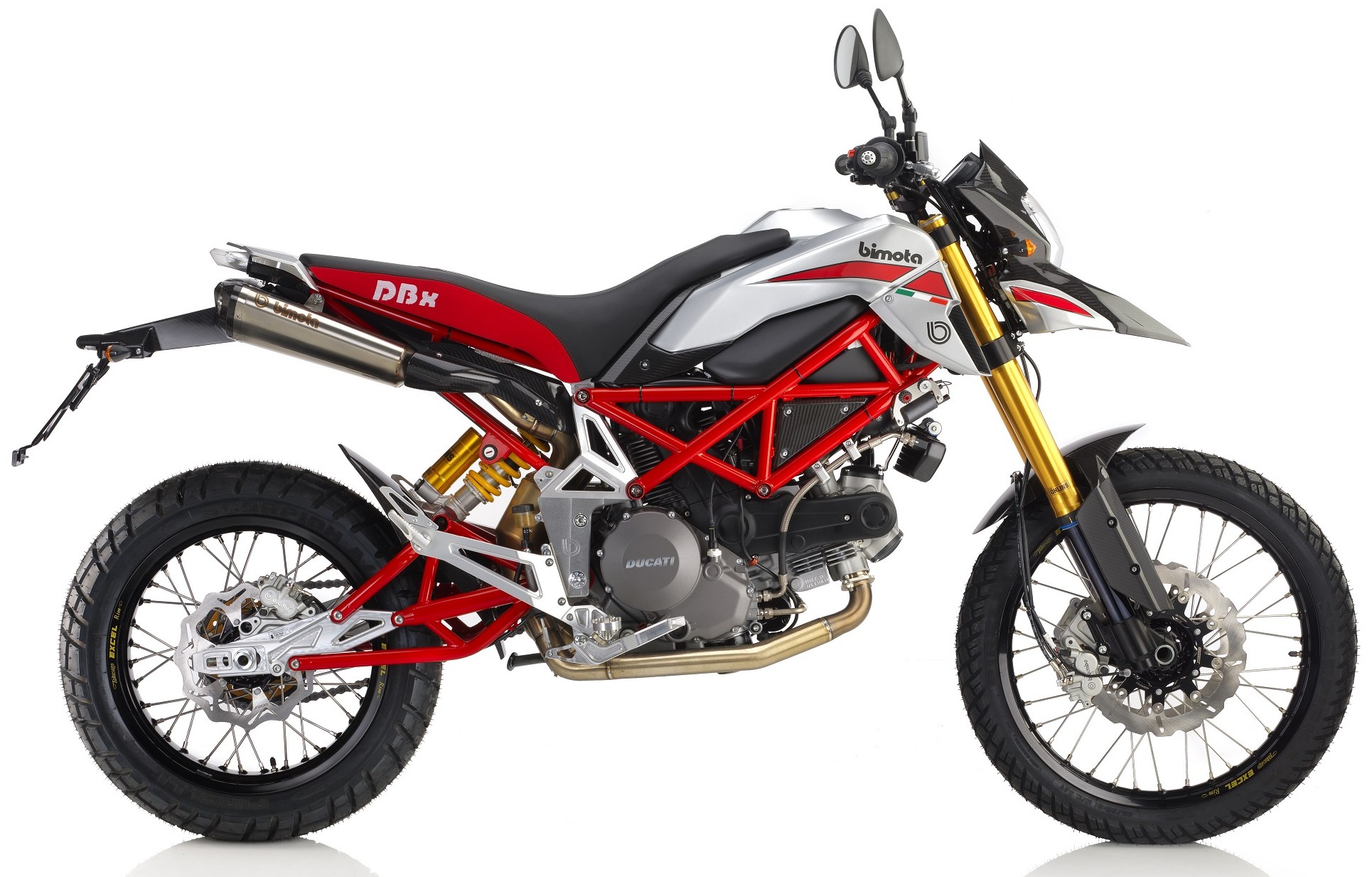
| Designer | Andrea Acquaviva | Premiere | Milan 2012 |
| Production period | 2013 – 2016 | Production numbers | 16 |
| Power | 68 KW (95 PS) | Displacement | 1.078 ccm |
| Topspeed | 205 km/h | Weight | wet 186 kg dry 175 kg |
| Price | 20.790 Euro (2012) | Colours | white / red |
| Technical basis | Ducati Hypermotard | 1100 DS |
For its 40th anniversary, Bimota unveiled the DBX at EICMA 2013, an enduro bike based on the DB10. This marked Bimota’s first venture into off-road machines, featuring a high-end Öhlins enduro suspension with a 48 mm TTX fork at the front and a four-way adjustable TTX shock absorber at the rear.
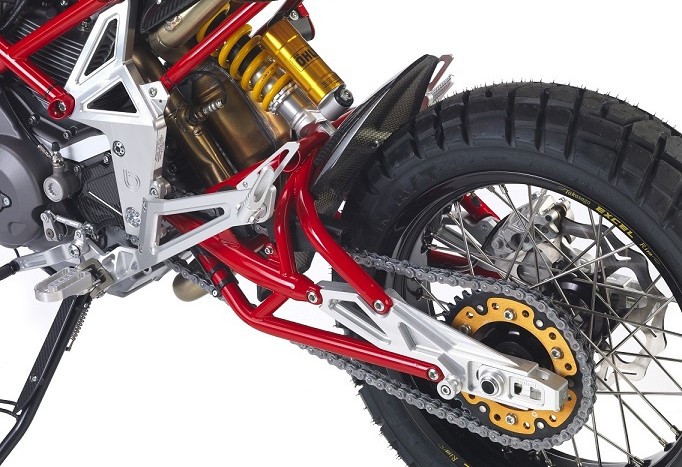
As is common with enduro bikes, the wheel diameters are larger than those of road machines. Instead of the DB10’s 17-inch aluminum wheels, the DBX is equipped with EXCEL spoked wheels, measuring 21 inches at the front and 18 inches at the rear. The braking system is supplied by Brembo, with twin four-piston calipers gripping 300 mm discs at the front and a two-piston caliper paired with a 200 mm disc at the rear.
To promote the DBX and demonstrate its off-road capabilities, Bimota decided to compete in one of the toughest enduro races, the Erzberg Rodeo. For this, they enlisted Stefano Sacchini, one of Italy’s top enduro riders. In his first appearance on the new DBX, he achieved fourth place in the twin-cylinder enduro category. However, despite these marketing efforts, the bike failed to achieve commercial success. Although the DBX remained available until 2016, only 16 units were produced.
